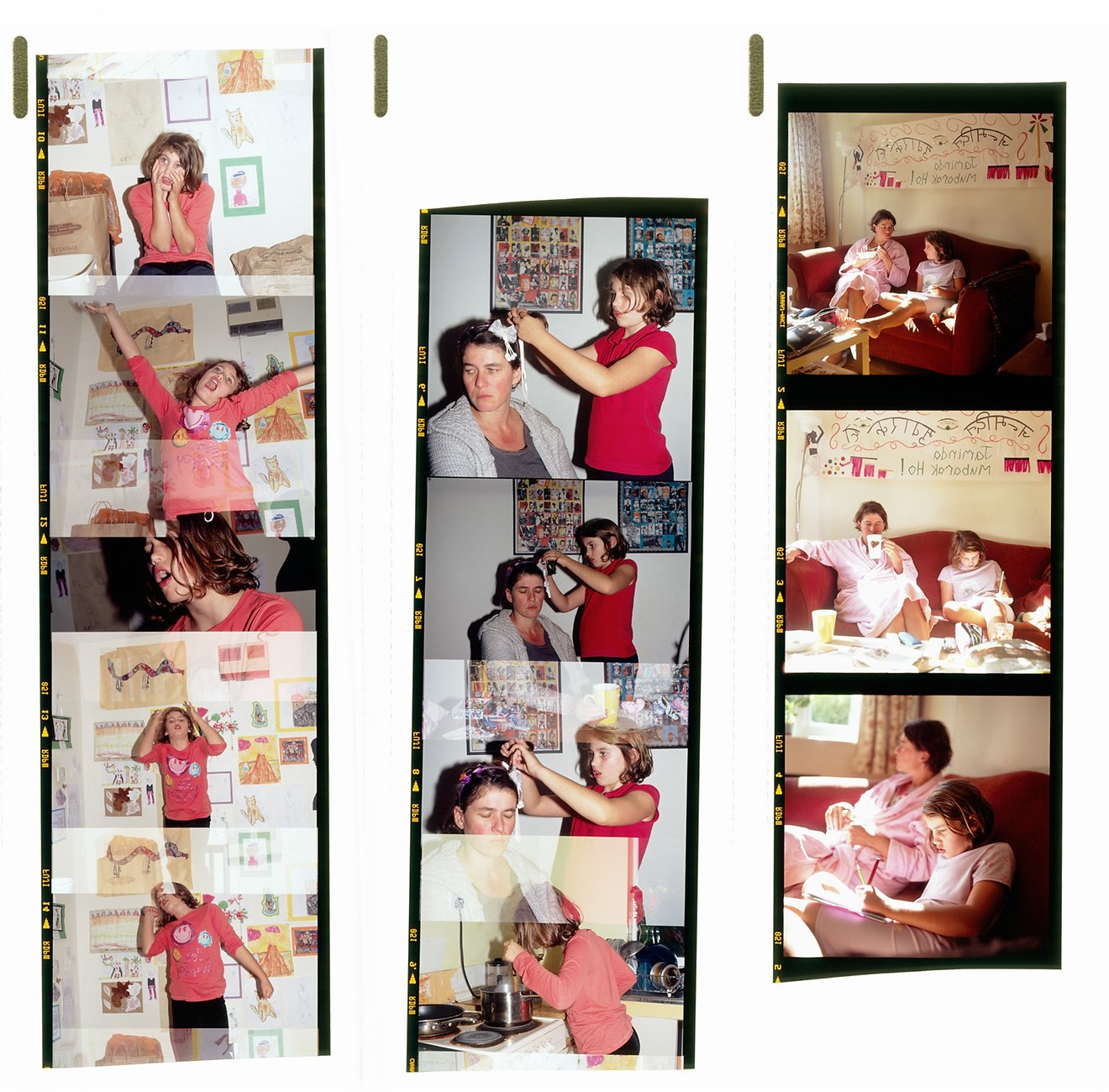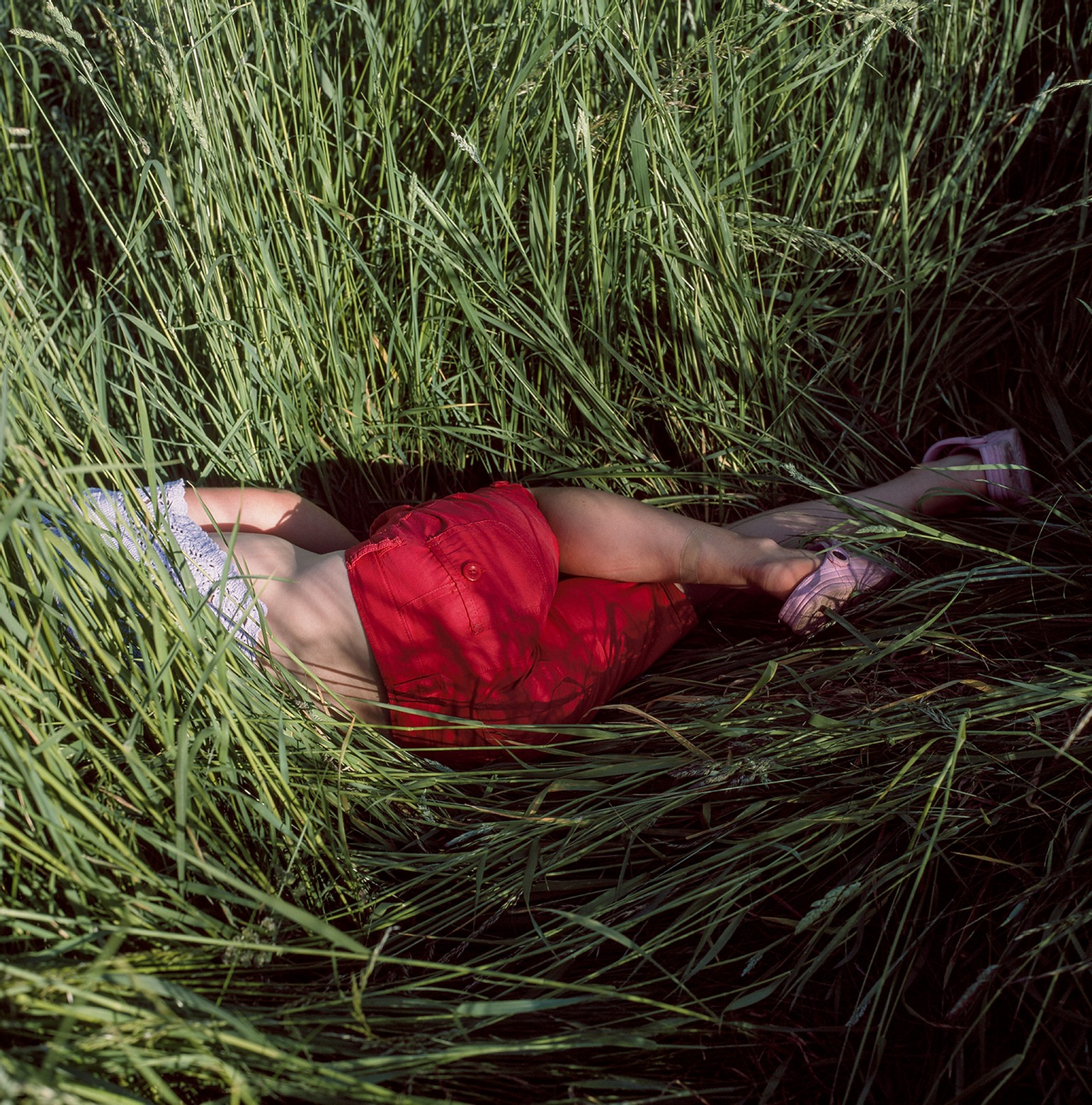Colin Pantall: “Meaning of Photography Changes Over Time”
Bird in Flight Prize call for entries is open until 30 August. The concept of the contest is to support photographers who think outside the box and search for new ways of storytelling. The first prize is €2000; 25 applicants will also receive a portfolio review by the jury board.
We spoke with the jury members about today’s photography and its role. Previously Financial Times FT Weekend Magazine director of photography Emma Bowkett talked about techniques she uses in her editorial work. In today’s issue, lecturer and writer Colin Pantall reflects on photography as a valuable source of information about our past.

Photographer, writer, and lecturer from England. Writes about photography for Magnum and The British Journal of Photography. Runs an online series of lectures through the Royal Photographic Society linking contemporary photography to global, historical, and theoretical perspectives. Bird in Flight Prize ‘20 jury member.
What is photography today? Has it changed drastically over the past, say, 50 years?
Curator and photography historian Mark Sealy wrote: “Archival photographs are a message from the past; they open and adjust our understanding of the way we were.” Is photography nowadays continuation of something historical? Or is it something contemporary?
I think it’s both. Photography is looking at pictures of the past, but the idea that a picture is fixed in meaning is no longer valid. Photography and our understanding of photography changes as we go by.
You can see photographers, artists, and writers, like Ariella Azoulay, who look at photography from the past and redefine it. For example, it’s happening with Black Lives Matter. But the similar redefinition is happening in Japan, and people are readdressing kind of Japanese photography, related to their imperial past in Asia. It’s happening in Australia, in India, in Southeast Asia.
I think that’s important to know who made an image, what it was used for, and how it fits into a particular way of seeing. More and more people are getting interested in the past of their countries, readdressing archives and images, looking at historical pictures, and reinterpreting them.

From 'Broken Camera' series, Colin Pantall
What is the role of photo books in photography?
The past has become more global, photography has become more open, and I think a lot of that has to do with photo books. They can explain the cultural background better than some other sources of information. On my bookshelves, I’ve got Soviet, Japanese, Chinese, Dutch, African, and Latin American photo books.
People often say, “This photo is not beautiful.” What do you think about beauty?
Everyone can take a beautiful picture with a phone.
The role of photography is not to make a nice image. Good composition matters, but what is more important is character, originality, seeing. Sometimes a photograph should be disturbing, even ugly. That’s the power of it. Photography should be different.

From 'All Quiet on the Home Front' series, Colin Pantall
You are teaching photography. What is important for you to tell students?
I think the main thing is to show the storytelling aspect, how photography can create stories and memories. An image is not fixed in meaning; the way you mix it with text or sound changes the meaning of a story. That’s what should be taught, first and foremost.
What are you expecting from the contest applicants?
I’d like to see as much diversity as possible, from Ukrainian photographers in particular. Interesting stories mixed with Eastern European surrealism.

From 'All Quiet on the Home Front' series, Colin Pantall
Reading recommendations from Colin Pantall:
– Photographing the Holocaust: Interpretations of the Evidence, Janina Struk
– If This is a Man, Primo Levi
Portrait of Colin Pantall: Heng Samnang
New and best




